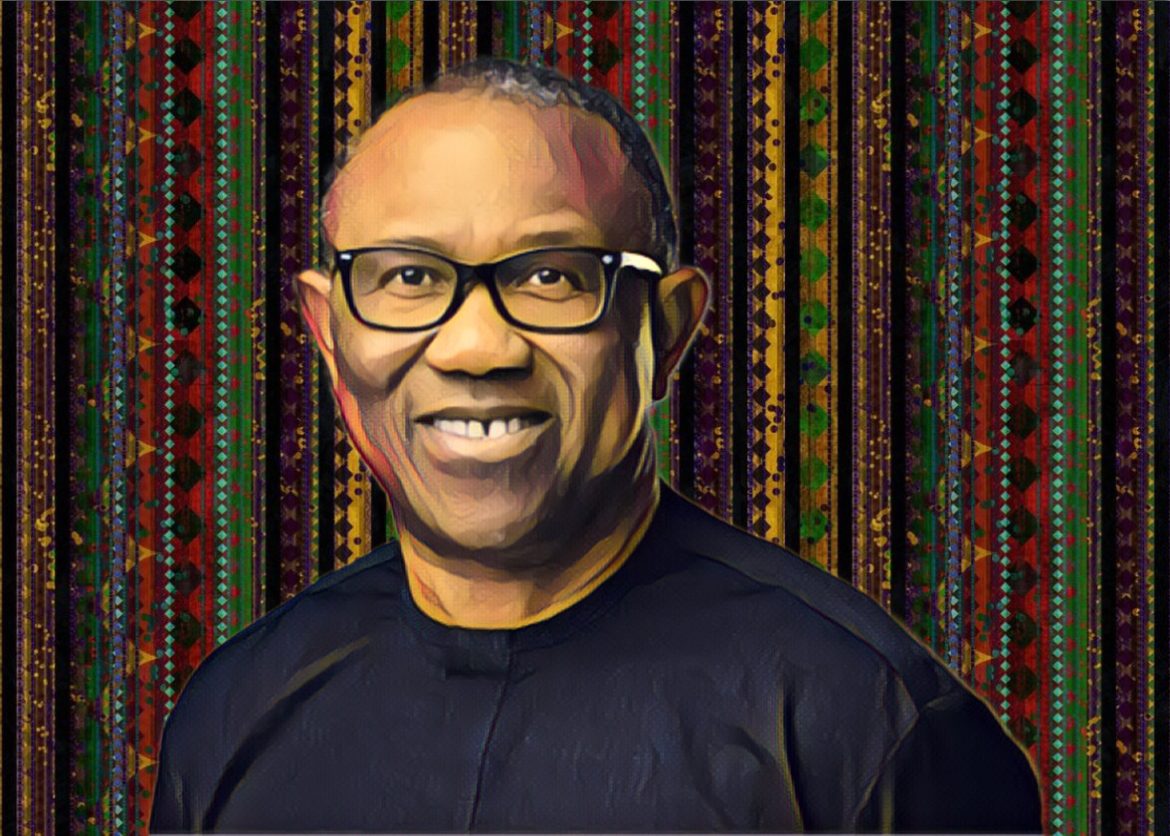In the wake of Nigeria grappling with a daunting N97.3 trillion debt burden, Peter Obi, the Labour Party’s presidential candidate for the 2023 elections, alongside prominent economists, has voiced concerns and offered strategic advice to President Bola Tinubu’s administration on curbing the nation’s escalating debt. Obi expressed alarm over the absence of tangible outcomes or investments corresponding to the massive borrowings, underscoring the urgency for the government to reassess its borrowing strategy to ensure fiscal responsibility and sustainable economic growth.
The significant increase in Nigeria’s debt, which saw a sharp rise to N97.3 trillion by the end of 2023, highlights the pressing need for a meticulous review of past loans’ effectiveness and the adoption of prudent financial management practices. This development calls into question the utility of the vast sums borrowed, particularly the over N30 trillion in “Ways and Means” financing by the previous government, and the recent N10 trillion addition to the debt profile within a single quarter—the largest ever recorded in such a period.
Nigeria’s debt servicing costs have surged, with domestic and external debt servicing in 2023 amounting to approximately N10 trillion, surpassing the combined budget allocations for critical sectors such as defense, education, health, and infrastructure. This alarming trend underscores the detrimental impact of unchecked borrowing on the nation’s fiscal health and its ability to invest in essential services and development projects.
The Debt Management Office’s (DMO) latest report paints a grim picture of Nigeria’s financial state, indicating that the country’s public debt stock, encompassing debts of the Federal Government, 36 states, and the Federal Capital Territory (FCT), has escalated to N97.341 trillion. This increase is attributed to new domestic borrowings by the Federal Government to finance deficits in the 2024 Appropriation Act and disbursements from multilateral and bilateral lenders.
Economists and financial experts are calling for a strategic overhaul of Nigeria’s economic management, emphasizing the necessity for diversification away from an overreliance on oil and advocating for fiscal discipline in government spending. They highlight the potential in sectors like agriculture and local refining of crude oil as avenues for generating substantial revenue and reducing dependency on international lenders, who often impose restrictive conditions that perpetuate debt bondage.
Additionally, experts stress the importance of addressing the root causes of high commodity prices, pointing out that factors beyond foreign exchange rates, such as the high cost of petroleum products and the impact of insecurity on food supply, play significant roles in driving inflation.
In light of these challenges, there is a concerted call for the Tinubu administration to adopt a more disciplined approach to fiscal management, leverage opportunities to boost local production, and tapping into untapped sectors to revitalize the economy. The emphasis is on creating a New Nigeria where resource allocation is transparent, accountable, and geared towards transforming the nation from a consumer-based economy to a production-oriented one, ensuring the long-term sustainability and prosperity of Nigeria.
Source: The Guardian


